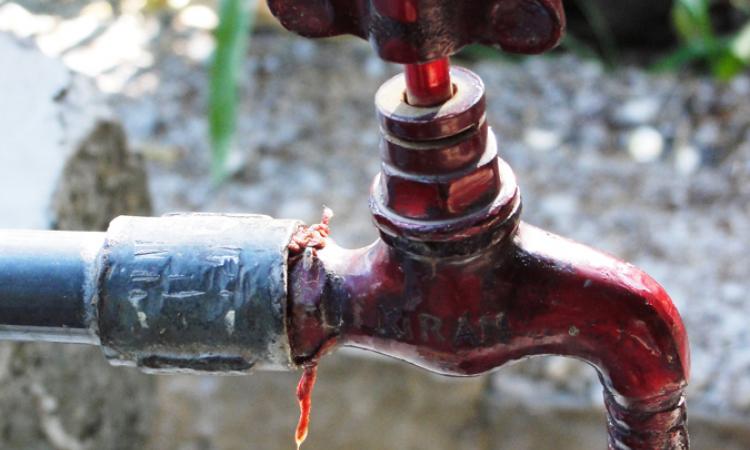
The Maharashtra State Accountant General (AG) recently exposed the hidden agenda of the Nagpur Municipal Corporation (NMC) and its so-called best Public-Private Partnership model with regards to Nagpur's water supply. Per the news report, NMC pays a higher rate to private operator Veolia Water (India) Pvt Ltd for the Pench IV water treatment plant and it has also handed out additional favours by not recovering the amount of exemption on import duty paid for plant equipment. The Corporation's losses post privatisation have increased to more than Rs 60 crore per year.
When was Nagpur's water privatised?
In June 2007, the NMC handed over the operation and management of water services of the Dharampeth area of Nagpur to private operator Veolia Water (India) Pvt Ltd on a pilot basis. The key project objectives were to provide 24x7 water supply at desired pressure, set up 100% meterisation, optimise the unaccounted for water (UFW) losses, create efficient billing mechanisms, reduce consumer complaints and ensure sufficient supply. They also had to manage the entire water supply cycle including procurement, treatment, storage and distribution. However, reality was far from this.
Consumers who were a part of the pilot in Dharampeth lodged numerous complaints after the new water meters were installed by Veolia Water in 2009.
- Water bills went up by 35%.
- Due to substandard quality work at Jaripatka in Nagpur, one person died.
- The water losses (Unaccounted For Water) increased.
- The income and expenditure deficit of the NMC increased from Rs 40 crore to 85 crore.
- Water tariff increased 300 times.
- Project cost increased to more than 46.05% over the approved cost.
- 24x7 water supply is not available in many slums.
Without properly assessing the project outcomes, NMC extended the project to the entire city in November 2011. It signed a concession agreement with the Orange City Water Private Ltd. (OCWL) which is a joint venture of Vishwaraj Environment Pvt Ltd and Veolia Water (India) Pvt Ltd. The total cost of the project increased from Rs 387.86 crore to Rs. 566.09 crore before handing over the water work to OCW.
Key observations from the AG's report:
- The agreement had many irregularities and was in OCW's favour.
- NMC was paying the additional amount of Rs 26.25 crore per annum to OCW. AG calculated the loss to NMC of Rs.2.01 crore by way of the high rate of return and Rs. 35.86 lakh by way of the unrecovered exemption.
- NMC's financial loss has increased due to the controversial agreement.
- Services had worsened.
- Project completion was delayed.
Water privatisation in India
The drive to privatise the water sector accelerated after the year 2000 when the government of India adopted various reforms like Public Private Participation (PPP), full cost recovery, revision of water tariffs, establishment of water regulatory authorities, etc. suggested by international financial institutions such as the World Bank and Asian Development Bank.
Within a decade, ongoing private sector participation projects in the water sector have increased to more than 300 in the country. Maharastra has the maximum number followed by Karnataka, Tamil Nadu, Delhi, Rajasthan and Andhra Pradesh. More than 70 percent of the projects are under various stages of implementation and still need to be evaluated. A database maintained by Manthan Adhyayan Kendra on private sector participation shows that there are 18 projects in India which are facing problems similar to NMC.
The tall claims of improvement in the water services have not only failed in India but also in other parts of the world. More than 54 private sector participation projects across the globe are in the same boat.
Is 'Remunicipalisation' a way forward?
A report by the Transnational Institute (TNI), Public Services International Research Unit and the Multinational Observatory suggests that 180 cities and communities in 35 countries across the globe have "remunicipalised" their water systems in the last 15 years. Remunicipalisation is defined as the transfer of water services from private companies to the municipal authorities. It is a way to show that the public sector can outperform the private sector and can be an effective water provider anywhere in the world.
Dubious international recognition of NMC for delivering so-called effective water services has raised concerns about the effectiveness of the private sector to deliver appropriate and sustainable water services to the people. Instead of evaluating OCW's work in a proper manner, NMC employees are more interested in defending OCW's and Veolia's work. If the latter are indeed better, is there a need for NMC employees at all?
/articles/nagpur-municipal-corporation-troubled-waters